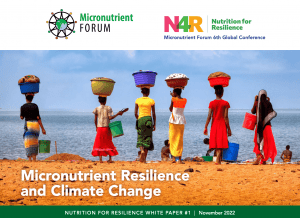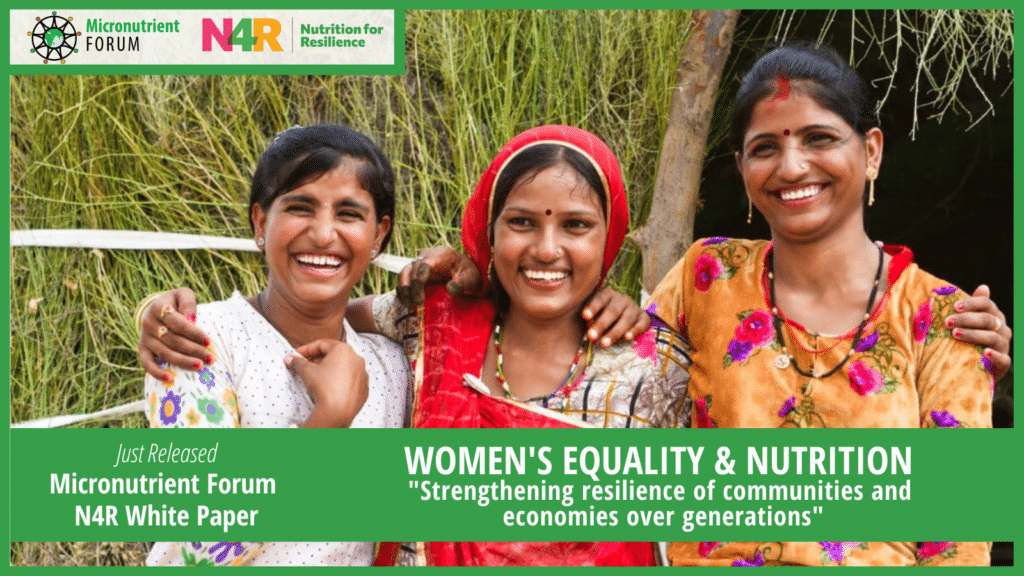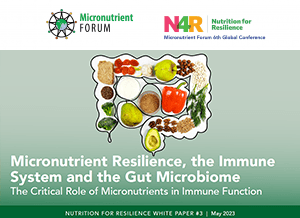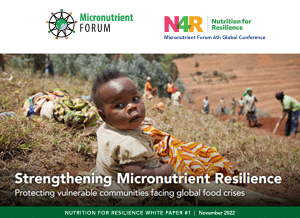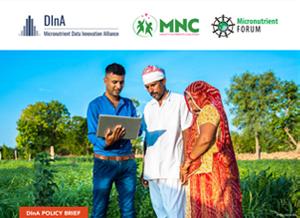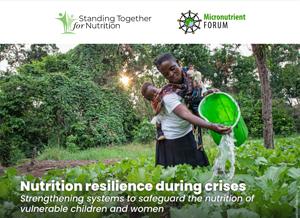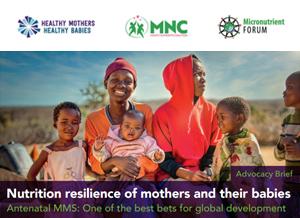Policy Briefs
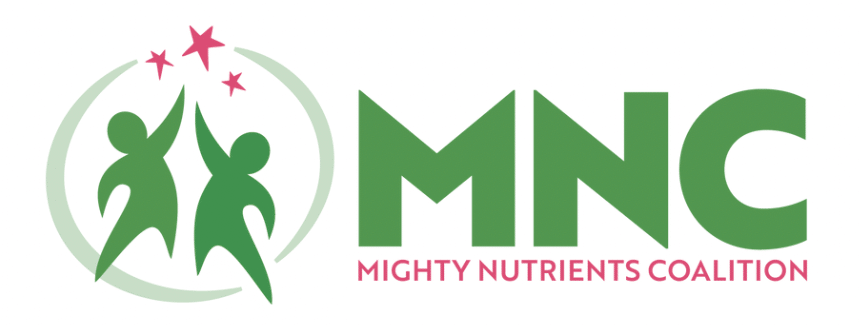
A well-functioning human immune system fits the very definition of resilience: the capacity to recover from shocks. In this case, the shocks include a whole range of pathogens – harmful microbes – to which humans are continually exposed over the course of their lives.
It is now clear that nutrition has a direct effect on all aspects of people’s immune response. By acting on what is known so far about nutrition and the immune system, and by urgently pursuing answers to the many questions that remain, we can begin to apply nutrition interventions in ways that will help break the cycle of malnutrition and disease.
A confluence of overlapping crises and shocks has led to an unprecedented global food crisis threatening global food and nutrition security. According to the latest State of Food Security and Nutrition (SOFI) report, approximately 735 million people worldwide faced hunger in 2022—an astounding 122 million more than 2019.
This white paper details the importance of including micronutrient nutrition in development and humanitarian assistance programs, and lays out some key actions by national governments, donors, and multi-lateral agencies that are needed to improve population micronutrient health.
Micronutrient deficiencies are a significant global health problem, leading to severe and irreversible health consequences. The lack of reliable national data for all population groups hamper efforts to estimate the true burden of these deficiencies accurately.
This policy brief highlights the critical importance of collecting, utilizing, and communicating micronutrient data to inform public policy and national health strategies. It provides specific insights into how data-driven policy and program implementation can lead to improved nutrition outcomes and provides key recommendations to strengthen the data ecosystem for micronutrients.
Over the past three years, millions of vulnerable people have suffered from the harsh impacts of a devastating polycrisis—largely caused by the effects of the COVID-19 pandemic, climatic and economic crises, and new and protracted conflicts that have deepened food and nutrition insecurity.
This brief provides a summary of an upcoming report that describes the impact of the polycrisis on nutrition outcomes, nutritious diets, nutrition-related services, and feeding and care practices. It also highlights the experiences of different countries, offering valuable lessons regarding the resilience of systems to safeguard nutrition in times of crisis. Lastly, the report builds upon these findings and lessons learned to propose policy and programmatic recommendations for strengthening the nutrition resilience of systems, before, during, and after a crisis.
Maternal nutrition plays a crucial role in the health and well-being of communities and nations. However, poor nutrition continues to rob girls and women of their full potential, preventing them from growing, learning, working, and thriving. This harmful cycle starts before birth, continues through childhood, and can be passed on through motherhood.
Urgent action is needed now to implement and scale up access to proven solutions, like antenatal multiple micronutrient supplementation (MMS), that support mothers for a more resilient future.
